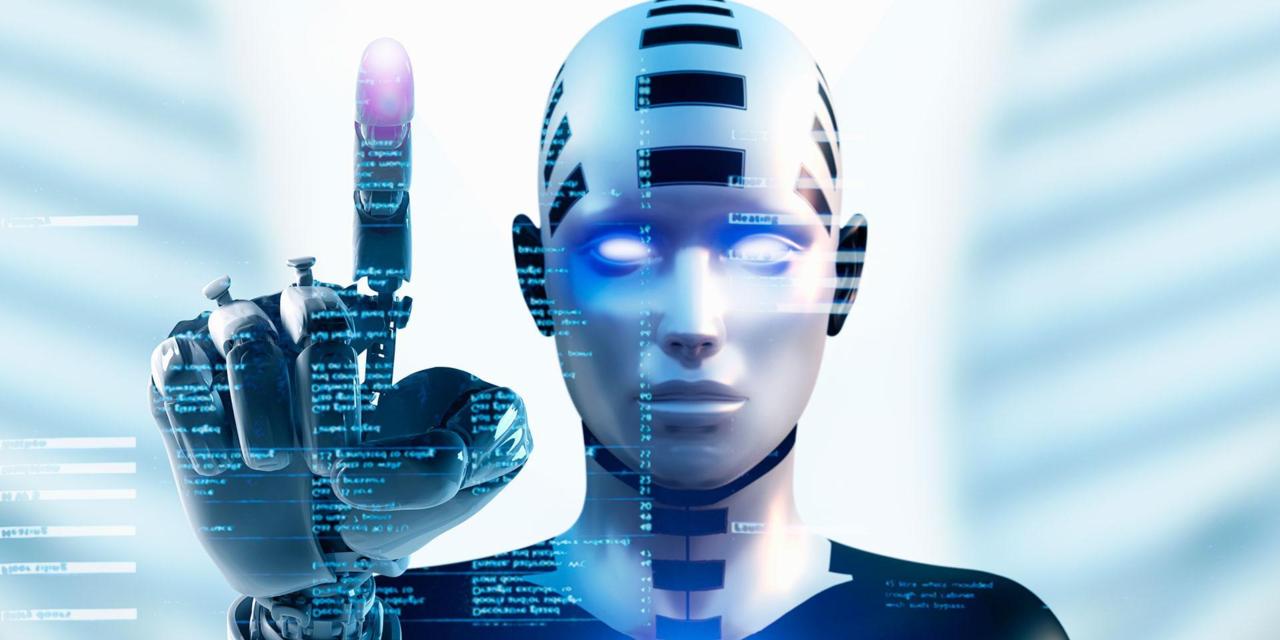Robots are defined as technologies, such as machine learning algorithms running on purpose-built computer platforms, that have been trained to perform tasks that currently require humans to perform.
The robotic revolution is going to cause the biggest transformation in the world’s workforce since the industrial revolution.
Automation, which includes both mechanized robots (whether humanoid or drone-shaped) and artificially intelligent software programs, are predicted to eliminate 6% of the jobs in the U.S. in the next five years. And it’s not just low-wage employees that need to be worried.
Highly skilled, knowledge-based employees in some sectors, including legal and accounting, could see their jobs decimated in the next decade. Deloitte estimates that 39% of jobs in the legal sector could be automated in the next 10 years. Separate research has concluded that accountants have a 95% chance of losing their jobs to automation in the future.
As many as 800 million workers worldwide may lose their jobs to robots and automation by 2030, equivalent to more than a fifth of today’s global labour force.
Even if the rise of robots is less rapid, some 400 million workers could still find themselves displaced by automation and would need to find new jobs over the next 13 years.
The good news for those displaced is that there will be jobs for them to transition into, although in many cases they’re going to have to learn new skills to do the work. Those jobs will include healthcare providers for aging populations, technology specialists and even gardeners.
5 Jobs That The Robots Will Takeover First :
1. Middle Management
If your main job function is taking a number from one box in Excel and putting it in another box in Excel and writing a narrative about how the number got from place to place, robots are knocking at your door. Any job where your “special and unique” knowledge of the industry is applied to divine a causal relationship between numbers in a matrix is going to be replaced first. Be ready.
2. Commodity Salesperson
Unless you sell dreams or magic or negotiate using special perks, bribes or other valuable add-ons that have nothing to do with specifications, price and availability, start thinking about your next gig. Machines can take so much cost out of any sales process (request for proposal, quotation, order and fulfillment system), it is the fiduciary responsibility of your CEO and the board to hire robots. You’re fighting gravity … get out!
3. Report Writers, Journalists, Authors and Announcers
Writing is tough. But not report writing. Machines can be taught to read data, pattern match images or video, or analyze almost any kind of research materials and create a very readable writing. Text-to-speech systems are evolving so quickly and sound so realistic.
4. Accountants and Bookkeepers
Data processing probably created more jobs than it eliminated, but machine learning — based accountants and bookkeepers will be so much better than their human counterparts, you’re going to want to use the machines. Robo-accounting is in its infancy, but it’s awesome at dealing with accounts payable and receivable, inventory control, auditing and several other accounting functions that humans used to be needed to do. Big Four auditing is in for a big shake-up, very soon.
5. Doctors
This may be one of the only guaranteed positive outcomes of robots’ taking human jobs. The current world population of 7.3 billion is expected to reach 8.5 billion by 2030, 9.7 billion in 2050 and 11.2 billion in 2100, according to a new UN DESA (United Nations Department of Economic and Social Affairs) report. In practice, if everyone who ever wanted to be a doctor became one, we still would not have enough doctors.
Robots will also take over the more repetitive tasks in professions such as law, with paralegals and legal assistants facing a 94% probability of having their jobs computerized.
Fast food cooks also face an 81% probability of having their jobs replaced by robots like Flippy, an AI-powered kitchen assistant which is already flipping burgers in a number of CaliBurger restaurants.
Today’s technological revolution is an entirely different beast from the industrial revolution. The pace of change is exponentially faster and far wider in scope.

